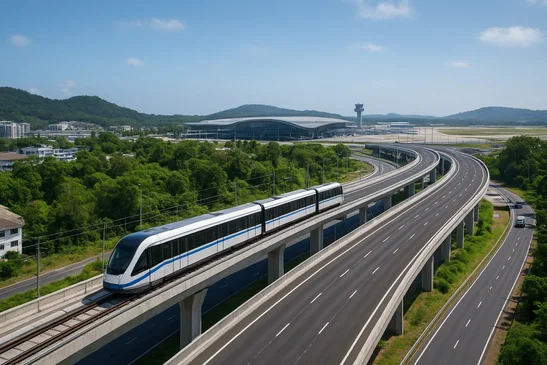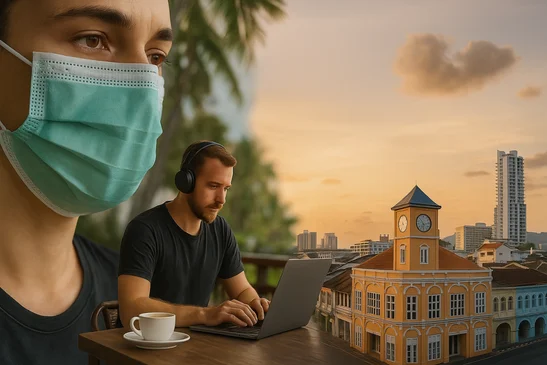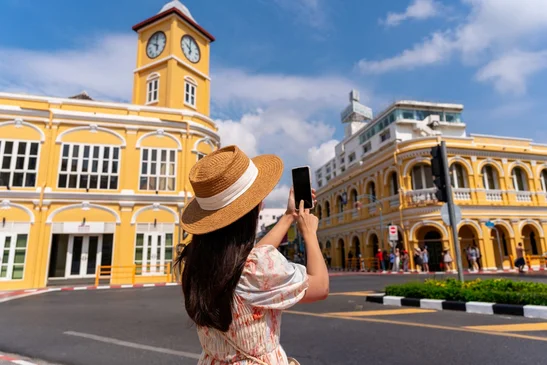If there’s one thing the island of Phuket is known for, it’s tourism. Since the early days of the 1960s and 70s when backpackers started trickling in, the tourism industry has kept growing and growing to the point where it can at times seem that there is nothing but tourism here. It’s true that tourism money vastly outweighs any other economy on the island, but there are still some industries that exist independent of tourism to varying degrees.
Agriculture
Prior to today’s tourist numbers, Phuket was a strong producer of several crops. First and foremost was rubber which is still a prominent industry on the island. For the most part, the majority of undeveloped land that is privately owned is blanketed in tidy rows of modest rubber trees. A small diagonal strip of bark is removed in the early morning hours and the latex sap drips into a small bowl which is later collected. After processing the latex finds its way into a vast array of consumer goods from flip flops and clothing to tires and condoms.
Another commonly seen crop around Phuket is pineapples. It is common practice for farmers to grow pineapples amongst rubber trees for their first six years until they are mature enough to produce latex. Phuket actually has its own variety of pineapples which are small and are very sweet and flavorful.
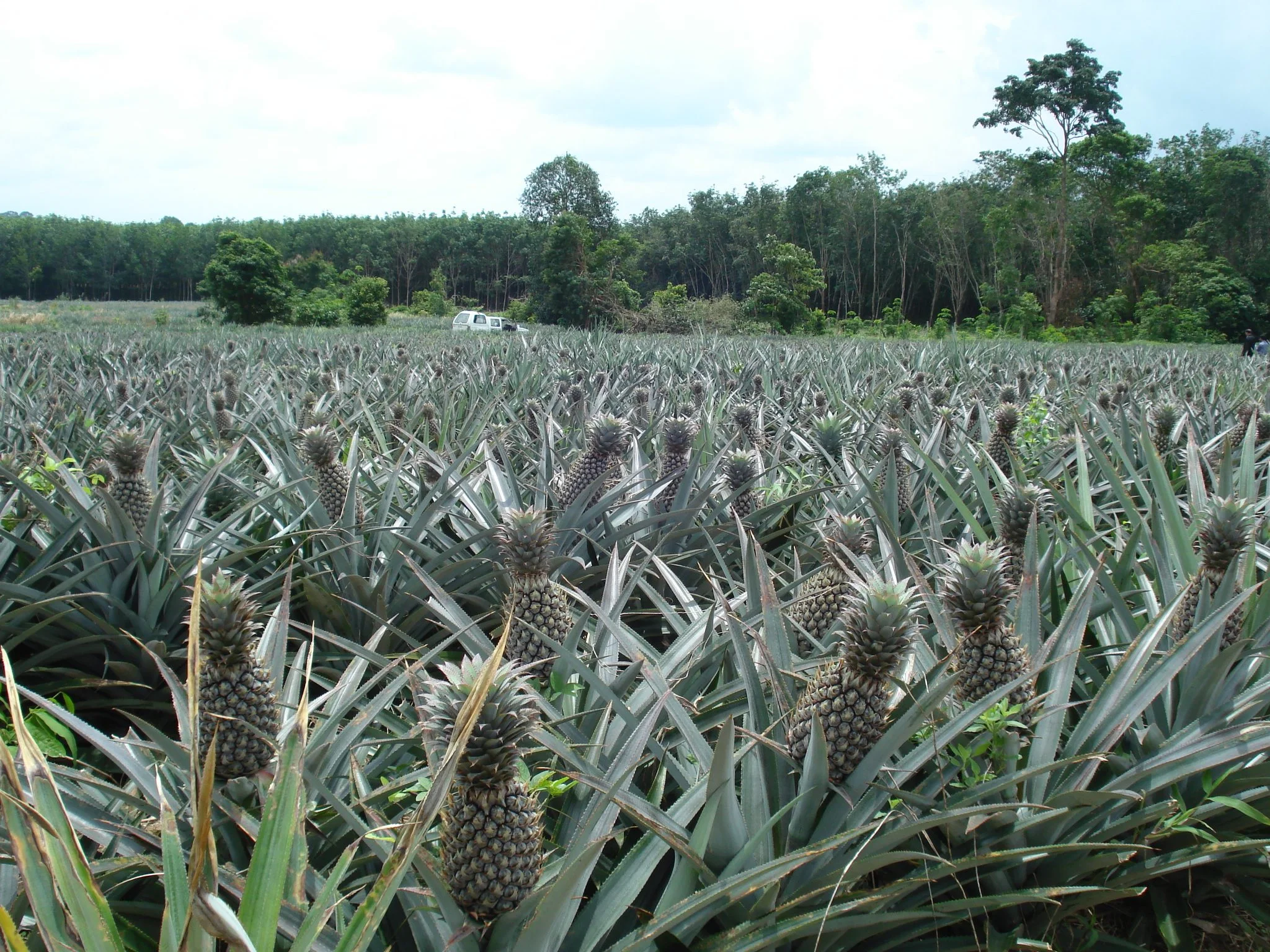
Credit: technologychaoban.com
While not as popular as rubber trees, Phuket supports its fair share of palm oil plantations. These stout palms with dark green fronds grow quickly, abundantly produce fruit which the oil is extracted from, and are hearty and easy to grow. Farmers need to do little but fertilize the trees as typically the work of harvesting and processing the large bunches of fruit is contracted out. Palm oil accounts for a third of all plant-derived oils in the world. The oil has a myriad of uses such as cooking, cosmetics, soaps, and biofuels. Most gas stations in Phuket carry B7 diesel which contains 7% biofuels, likely all from palm oil.
Phuket’s agricultural output has been steadily decreasing as property values increase and it’s more profitable for landowners to sell or develop rather than farm.
Fishing and Aquaculture
It may come as little surprise that there is a robust fishing industry in Phuket. After all, the original inhabitants were the chao ley (sea gypsies) who spent months out at sea fishing and collecting marine life. Nowadays artisanal fishing has gotten progressively more difficult due to the prevalence of legal and illegal trawlers which are effective to the point of edging the marine ecosystem near collapse.
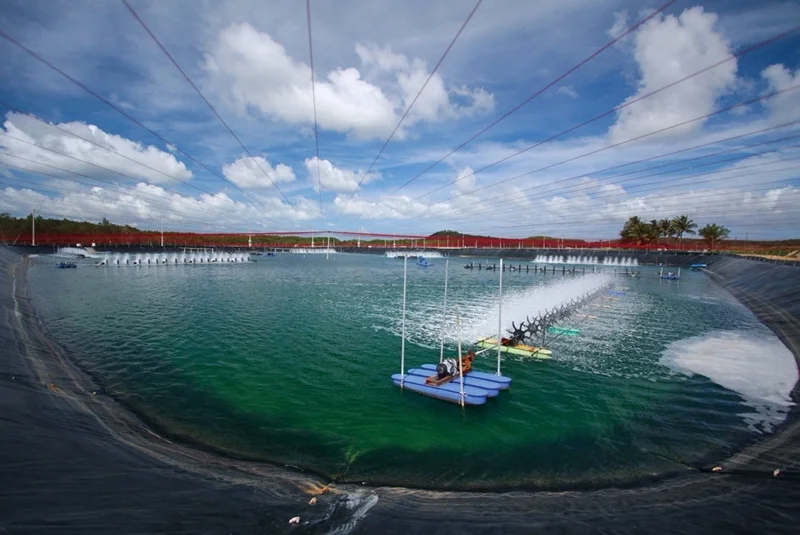
Credit: thaiunion.com
There are quite a few aquaculture operations around the island both on land and in the sea. Numerous aquaculture ponds are visible from a plane, many of which farm shrimp. It’s common to see pickup trucks with aeration pumps mounted on roll bars and the bed full of large coolers. They are transporting juvenile shrimp which can’t survive long in transport, therefore you’ll often see them driving like maniacs.
Phuket is also still home to offshore pearl farms which have been in operation for several decades. Pearl oysters are bred, implanted with a nucleus which the pearl will accrete around, tied to ropes which dangle from floats in the sea, and are then harvested after about 1-2 years. Some farms offer tours for those with an interest in this unique industry.



